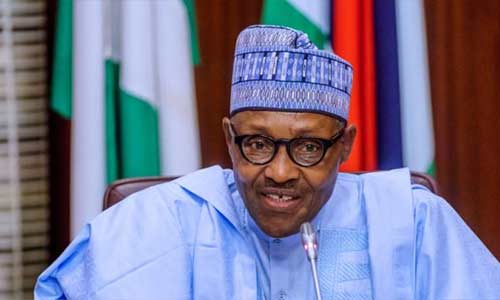Nigeria’s president will do what it takes to prevent a repeat of demonstrations against police brutality last month that led to unrest in which dozens of protesters and police were killed and more than 200 buildings torched, the police minister said.
Protests against an elite police force, the Special Anti-Robbery Squad, or SARS, led last month to the worst civil unrest in Nigeria since the return to civilian rule in 1999.
Thousands of Nigerians took to the streets under the slogan “ENDSars” to protest against the force, which the demonstrators blame for killings, torture and extortion.
Though the protests were initially peaceful, demonstrators in an upmarket Lagos district were shot at on Oct. 20 by men witnesses said were soldiers. Rights group Amnesty international said 12 protesters were killed. The army denied involvement.
In days of unrest that followed, police said 22 of their personnel were killed and 205 buildings including police stations were damaged.
“Mr President assured Nigerians that he will do whatever it takes to ensure the repeat of ‘ENDSars’ protests does not occur in Nigeria again,” Police Minister Muhammad Dingyadi told reporters on Tuesday after a meeting of security officials and President Muhammadu Buhari in the capital, Abuja.
“What we are saying is that government will continue to dialogue, it will continue to listen and will continue to carry all stakeholders along in ensuring that there is no repeat of what happened that destroyed a lot of properties,” Dingyadi said when asked for more details on Buhari’s comments.
Buhari, a military ruler in the 1980s before being elected president in 2015, has previously said that his administration agreed to implement police reforms sought by protesters.
The SARS unit was officially disbanded in the wake of the protests, but Buhari’s critics say it has simply been renamed.
Apeared originally in Reuters as Nigerian president vows to prevent repeat of anti-police brutality protests
(Reporting by Felix Onuah; Writing by Alexis Akwagyiram; Editing by Peter Graff)














